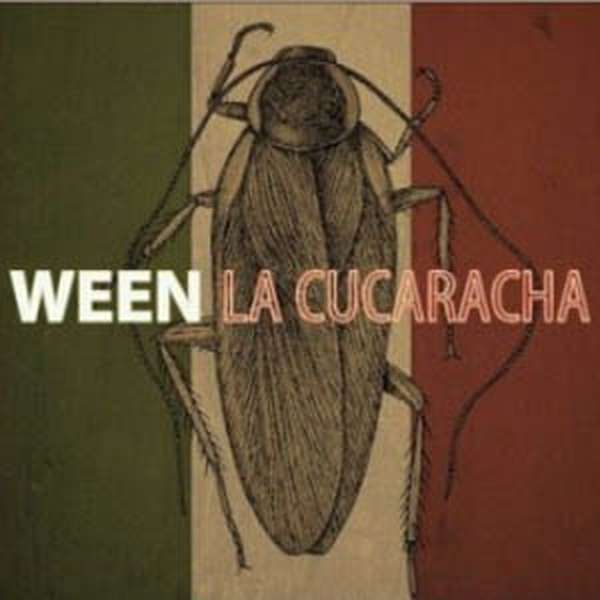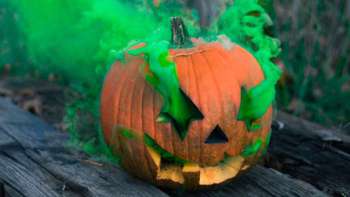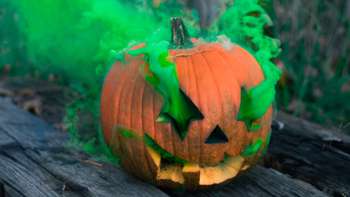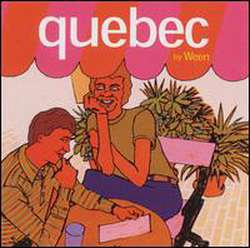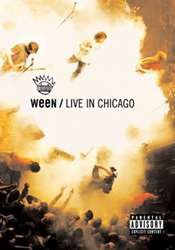If you don't know Ween at this point, it's difficult to sum them up in a few words. Eclectic, genre hopping, and parody come to mind, but they don't adequately explain the band and their dedicated cult following.
The duo of Gene and Dean formed Ween in 1984. La Cucaracha is the band's tenth full-length studio release, in addition to several EPs and live recordings. They've jumped ship from small indie to major label, and seem to have found a home again in the indie world this decade. They have had a rotating cast of musicians filling the backing band.
Over the group's past few releases, they have delved into more serious musicianship, while creating artistic parodies of varying genres. La Cucaracha follows 2003's prog-psyphedelic Quebec. The trademark silliness of their early days may have greatly diminished, but a tongue-in-cheek tone remains despite the more mature approach.
The record kicks off with the Tijuana-style instrumental "Fiesta." The album, however, quickly hops genres, focusing largely on 1960s-1970s styles of party music, from Herb Alpert to the discotheque. It may be their most stylistically diverse record since Chocolate and Cheese with an overall character of dirty swinger parties and weird drugs. The song "Friends" is recycled and remixed from the 2007 EP of the same name.
Lyrically, the album flows through the highs and lows of a night of partying, from talking about friends who will always be there, to objectification, dirty sex, remorse, and thanks. The momentum takes a downturn towards the middle, with the slower paced "The Fruit Man"- a character-driven narrative over a reggae beat (whose party-theme of this song is lost on me), and the bland "Spirit Walker." Things briefly pick up again before the eleven-minute "Woman and Man," which features about three to four minutes of genuine Ween greatness. Barring these clunkers, the record holds up at a steady level. Truth be told, I enjoy "The Fruit Man," but its location on the album slows things down.
Perhaps the silliest the band gets is with "Learnin' to Love," a twangy countrified song with a scat-style chorus. Of course, despite the hook-driven rock of "My Own Bare Hands," the lyrics are over-the-top macho hyperbole (and hilarity) that are also reminiscent of classic Ween lyricism. Regardless, the musicianship is solid and rather traditional, unlike the cartoony and lo-fi approach they utilized in the early days.
In relation with the band's discography, La Cucaracha is modern Ween: more serious in style than their first releases but it still maintains a not-so-serious tone. Fans of early and later Ween do not always agree on the qualities of the different periods. However, this release is in tune with the feeling that their transitional middle albums espoused - think somewhere between The Mollusk and White Pepper. While it's not a classic, it appeased fans and is another worthy addition to your collection.
